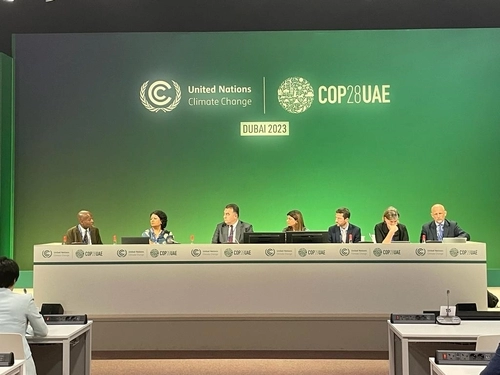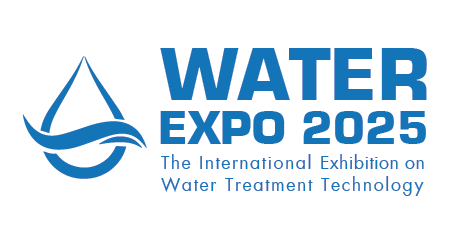Today at the 2023 United Nations Climate Change Conference in Dubai , UAE (COP28), leaders reiterated that water needs to be seen as part of the climate solution rather than just as part of the problem.
In an event organized by the COP 28 Presidency together with champion country partners and international organizations, the leaders called for countries to work together to achieve alignment of water and climate policies, provide mutual support through sharing of data, experience and ideas and mainstream water into all current and relevant UNFCCC work programs across scales, and at the country level in nationally determined contributions.

As a contribution to the Global Stocktake and as Parties begin the process of enhancing their NDCs, the event brought together key government, energy, and water stakeholders to discuss the steps needed to better manage synergies and trade-offs between water and energy security. As shown by the preliminary findings of the UN-Water Expert Group on Water and Climate Change, at the global scale, by 2030 just the clean energy mitigation measures considered are estimated to need around 900 cubic kilometres of water annually, which equates to approximately a third of the water withdrawn by irrigation globally. The preliminary analysis also shows the relative ‘water efficiency’ of various mitigation measures. For example, green hydrogen production saves approximately 68 tonnes of carbon emissions for every million litres of water used, whereas in contrast liquid biofuels could achieve 5 tonnes of carbon emissions reduction for the same amount of water, while electrification of light duty vehicles could save 1.7 tonnes of carbon emissions for the same amount of water. This information is intended to assist policymakers to consider the critical links between the availability of water and implementing various Paris Agreement climate mitigation measures.

 Tiếng Việt
Tiếng Việt